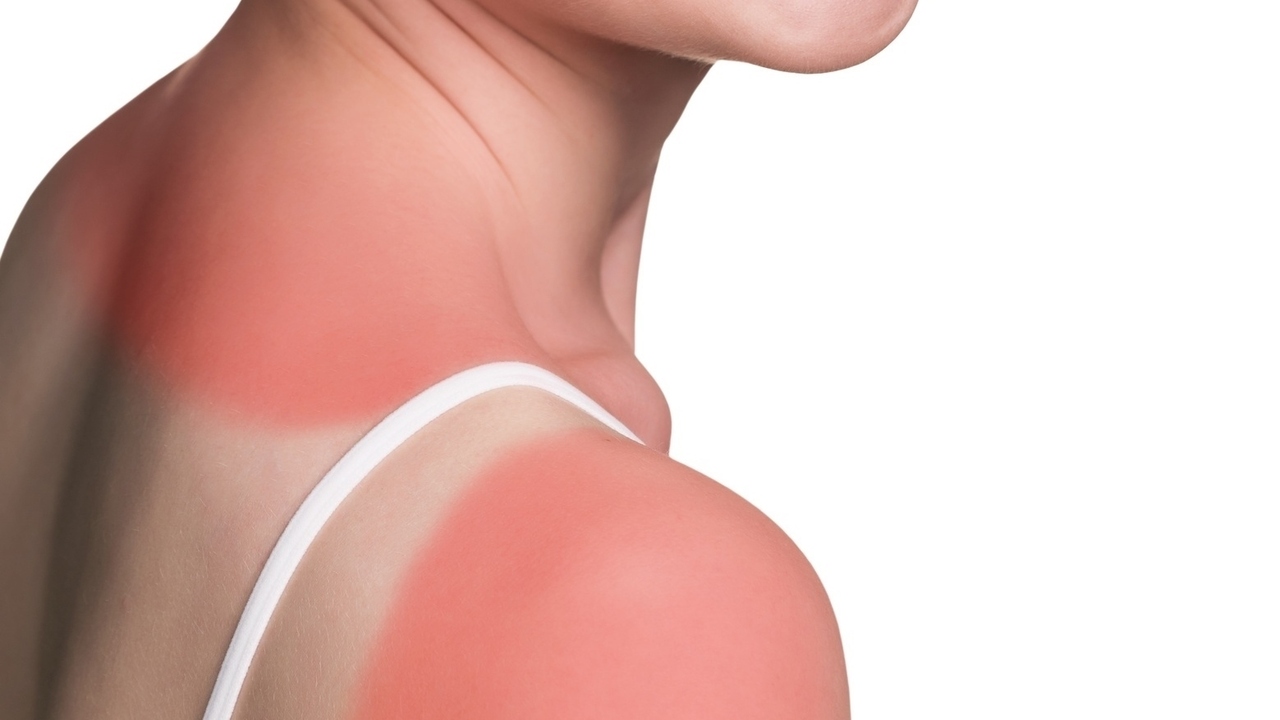 Photo: Getty Images
Photo: Getty Images
According to the American Cancer Society, the number one cancer among individuals in the U.S. is skin cancer. Being that many of us are spending more time in the sun due to the hot summer weather, I want to discuss the shocking truth about some sunscreens that many of us don’t know.
Although we do our best to protect ourselves from harmful sun rays, there may be some hidden toxins in the products that should be protecting us.
Lucky for you and I, we have the tools and curiosity to keep us healthy and informed! This July 2011, the Environmental Working Group (EWG), a non-profit organization that advocates for better health policies, released their fifth annual sunscreen guide.
Other than listing some of the safest sunscreens, the EWG discusses some interesting facts about sunscreen and the harm it can cause.
Nearly 33 years ago, in 1978, the FDA began developing regulations for sunscreen safety and efficiency. To this day, however, there has still been no final decision about regulations.
An extremely interesting find from an FDA study suggests that vitamin A, which is often added to sunscreen, can turn carcinogenic and form free radicals when exposed to sunlight. There is still some research being done on the subject, but for now, smart sunscreen users should try to avoid products with added vitamin A if expecting to spend time in the sun. An easy way to determine if vitamin A is in a product is to look for “retinyl palmitate,” or simply “retinol” on the label.
As most of us know, there are different types of sunrays that affect us - UVA and UVB. Both can damage our skin but in different ways. UVB penetrates the outer layer of the skin causing sunburn and non-melanoma skin cancer while UVA is able to penetrate deeper into our skin causing greater DNA damage. Getting a sunscreen that protects from both types of rays is the wisest move.
When choosing sunscreen, there are generally two types to choose from, chemical and mineral. Chemical sunscreens have nano-particles that can penetrate deep layers of the skin, potentially harming organs and disrupting hormone balances, which is most dangerous for children who are still developing. Mineral sunscreens are the safest to use, especially for the youth.
Another way to avoid nano-particles is to steer clear of products that come in spray form. The harmful chemicals that effect your health when applied to the skin become much more harmful if ingested.
When comparing sunscreens in the U.S. to those in Europe, there are substantially less safe products to choose from in the U.S. Even some of the highly effective UVA protecting chemicals that have been approved in Europe still have not been approved in the U.S.
If this article peaked an interest for you and you’d like to learn more, the EWG website is a great source for researched information on the subject. You can continue being an empowHERed woman by sharing interesting and important health information with your loved ones!
Sources:
http://breakingnews.ewg.org/2011sunscreen/sunscreens-exposed/executive-summary/
http://www.accidentallygreen.com/2011/06/two-ingredients-make-sunscreens.html
http://www.cancer.org/Cancer/CancerCauses/SunandUVExposure/skin-cancer-facts
Reviewed Aug 3, 2011
by Michele Blacksberg R.N.
Edited by Shannon Koehle






Add a CommentComments
There are no comments yet. Be the first one and get the conversation started!